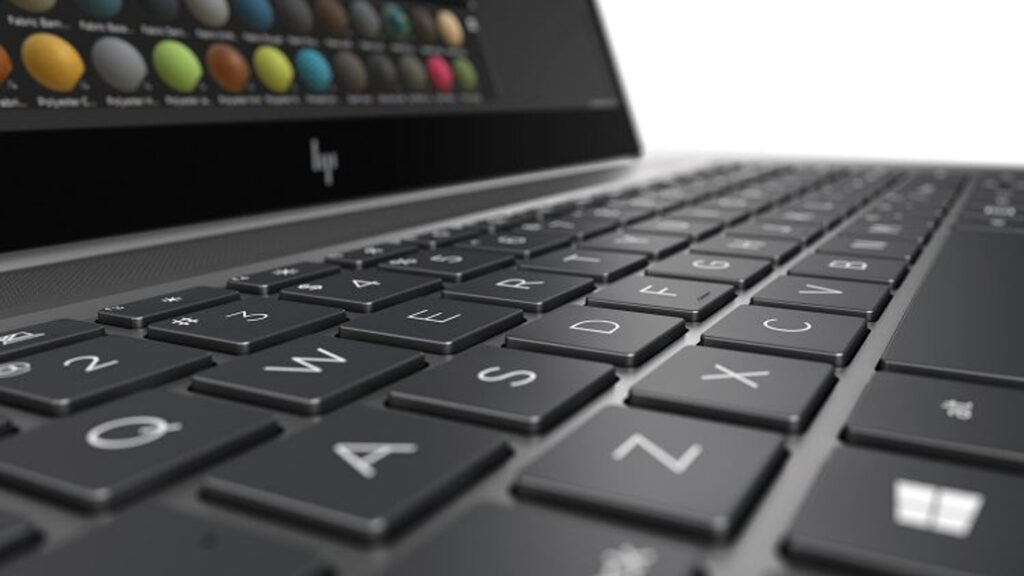Best laptops 2021 – Our 6 top picks for ultra-portable mobile workstations to take CAD and design visualisation on the road — all under 20mm and most below 2kg
Dell Precision 5560
The Dell Precision 5560 wins hands down when it comes to portability. It’s the thinnest and lightest out of all the 15.6-inch mobile workstations — a mere 7.7mm at the front, 11.64mm at the rear and starting at 1.84kg. And with ultra thin bezels, it’s also notably smaller than comparable machines.
In order to achieve this sleek aethetic, it only includes entry-level graphics options including the Nvidia T1200 (4 GB) and Nvidia RTX A2000 (4 GB), which are best suited to 3D CAD / BIM and entry-level viz workflows. However, there’s no compromise on the CPU with options going up to the Intel Xeon W-11955M (8 Core, 2.60GHz up to 5.00GHz).
The 2021 laptop supports up to 64 GB of DDR4 3200MHz memory and 4TB of NVMe PCI 4.0 storage. The IPS 4K ‘Gorilla Glass’ display is also top notch — 500 nits, 100% AdobeRGB and 99% DCI-P3.
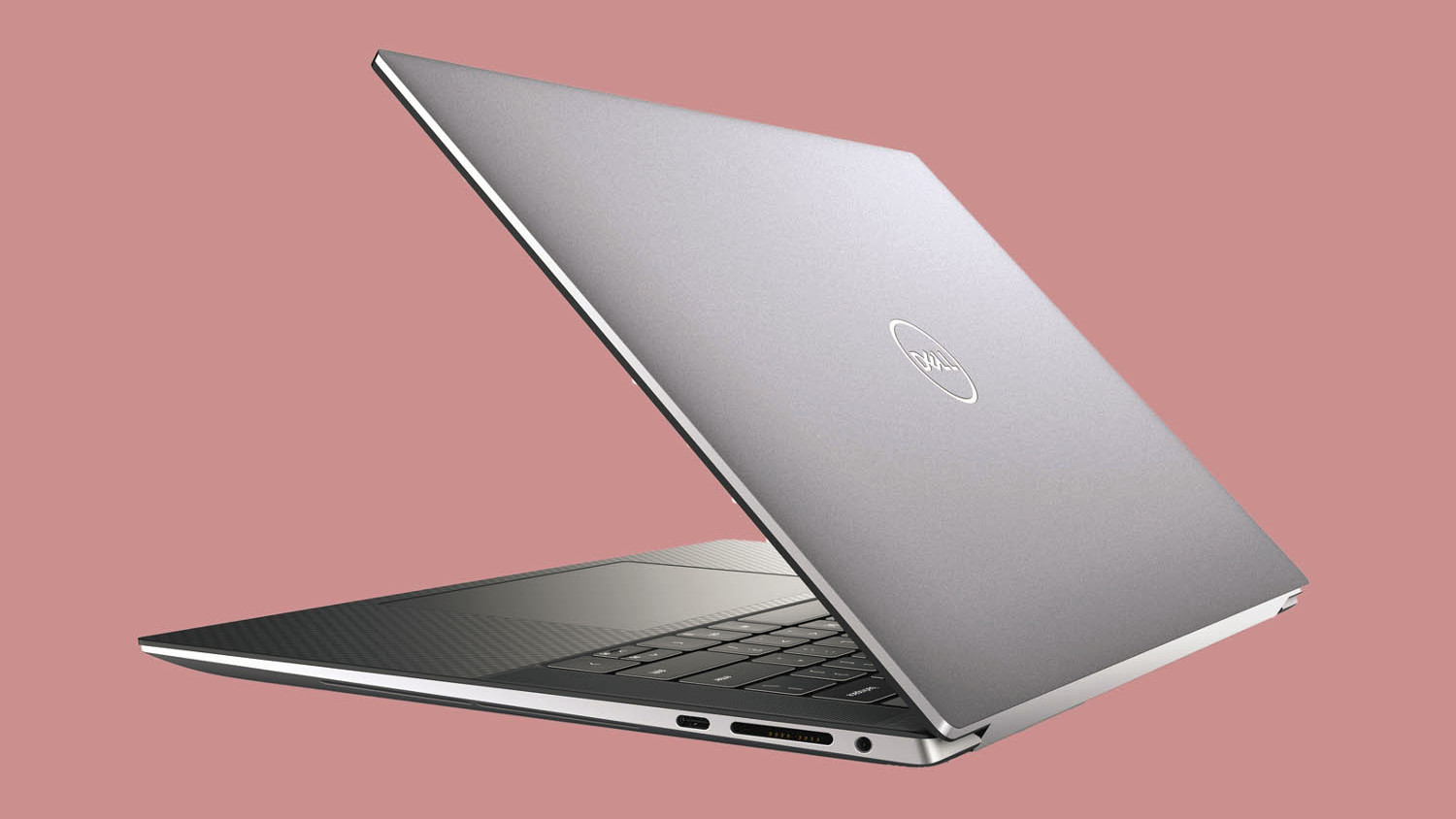
Dell Precision 5760
The Dell Precision 5760 laptop is somewhat unique as it remains the only thin and light 17-inch mobile workstation from a major vendor. It is a replacement for the Dell Precision 5750 but features an enhanced thermal design including dual output fans, vapour chamber and a hidden exhaust venting through the hinge.
Like the 15-inch Dell Precision 5560 (above) it features a combination of aluminium and carbon fibre for the chassis and a 94% display to body ratio thanks to the 4-sided InfinityEdge, 16:10 aspect ratio display.
The thin (8.67 mm – 13.15 mm) and light (2.15kg) design means some compromise on graphics with the Nvidia RTX A2000 (4 GB) and Nvidia RTX A3000 (6 GB) being the only options, although the latter is ‘VR Ready’. However, it offers the same broad choice of 45W 11th Gen Intel Core and Xeon CPUs and supports up to 4 TB of PCI Gen4 SSDs and 64 GB of DDR4, 3200MHz memory.
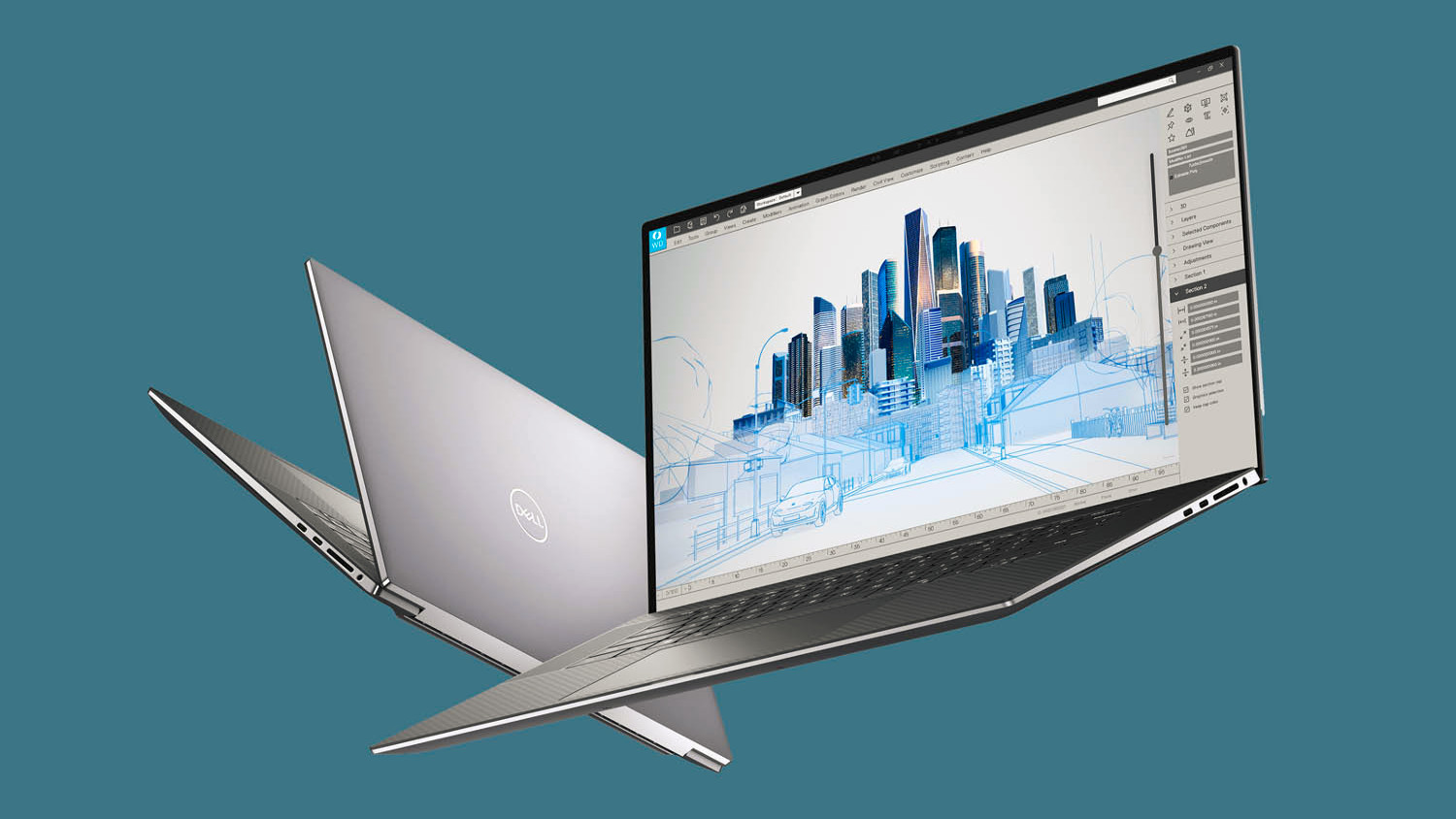
HP ZBook Studio G8
The 15.6-inch HP ZBook Studio G8 laptop is HP’s first mobile workstation to offer both pro and consumer graphics options in the same machine, up to the Nvidia RTX A5000 (16GB) or GeForce 3080 (16GB).
Both GPUs are ideal for design viz, VR and GPU rendering but as the laptop is very slim (17.5mm) we expect the same GPU might run faster in the thicker (22.8mm) HP ZBook Fury G8 15, which should offer better cooling and increased power draw.
The lightweight workstation laptop offers a choice of 11th Generation Intel Core H-Series processors up to the Intel Core i9-11950H but only up to 32 GB RAM, which might be a little light for some workflows. It also features an optional HP DreamColor display with a 120Hz refresh rate, a billion on-screen colours, 100% DCI-P3, and ‘end-to-end’ colour accuracy with Pantone validation. It starts at 1.79kg.
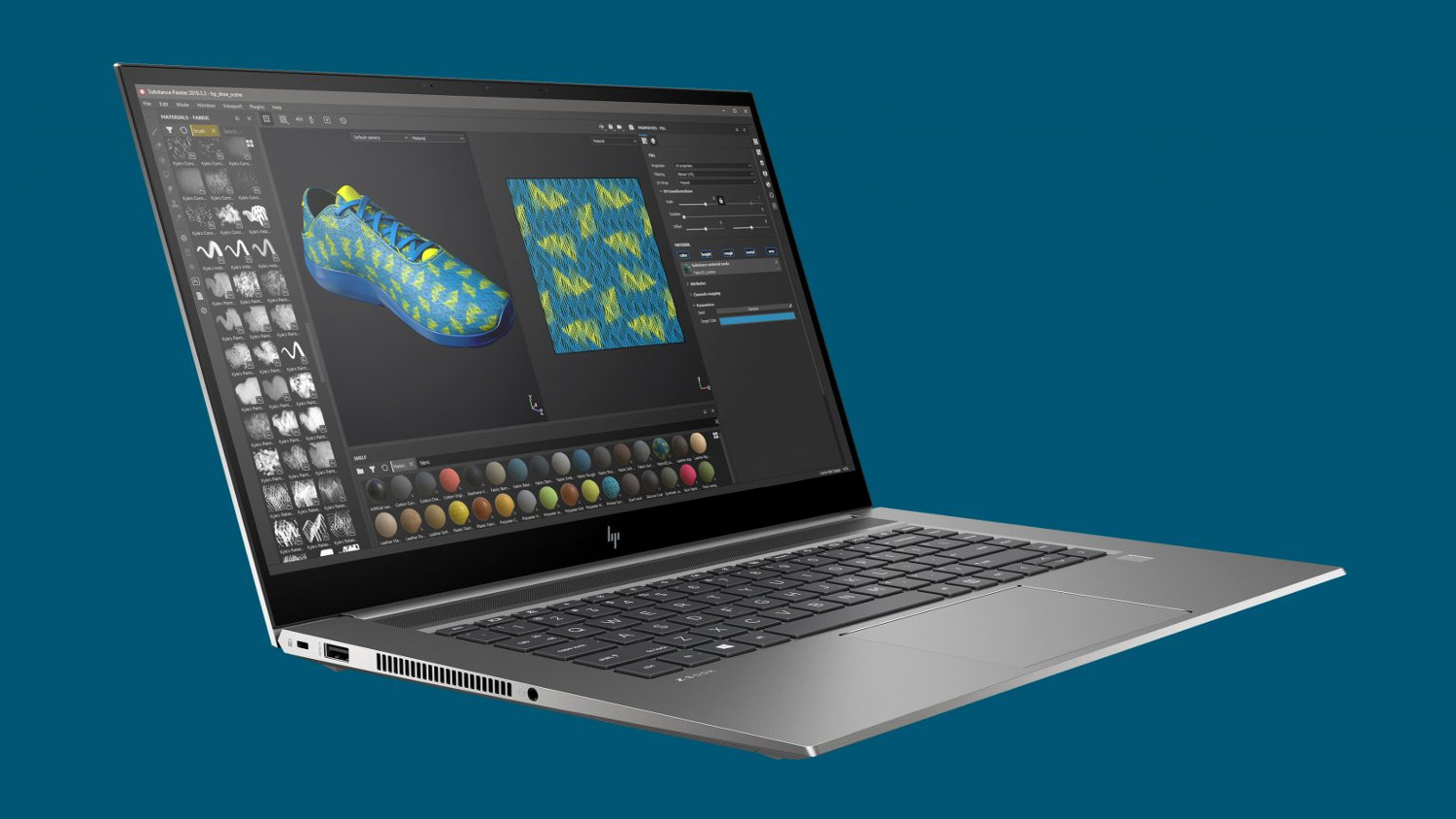
Lenovo ThinkPad P1 Gen 4
The first three generations of this thin and light mobile workstation featured a 15.6-inch display and CAD-focused pro graphics. The 2021 G4 edition is a ‘clean sheet’ design with a 16-inch display and higher-powered GPUs, including the ‘professional’ Nvidia RTX A5000 (16 GB) and ‘consumer’ Nvidia GeForce 3080 (16 GB). Memory and storage capacity remains the same with up to 64 GB DDR4 3200MHz and up to two 2TB M.2 NVMe PCIe Gen4 SSDs.
To accommodate the higher-end GPUs, which draw significantly more power than those in previous generation ThinkPad P1s, Lenovo has developed a new thermal design. It is also using AI to dynamically manage the ‘cooling budget’. For example, if a workflow is dependent on both the CPU and the GPU, it might set the Total Graphics Power (TGP) to 80W, whereas if a workflow is totally reliant on the GPU, such as GPU rendering, it could go as high as 90W or 100W.
Despite more powerful GPUs and a larger display, the lightweight workstation laptop’s carbon fibre and magnesium alloy chassis has only increased slightly in size and weight – 361.8mm (w) x 245.7mm (d) x 18.4mm (h) and starting at 1.81kg.
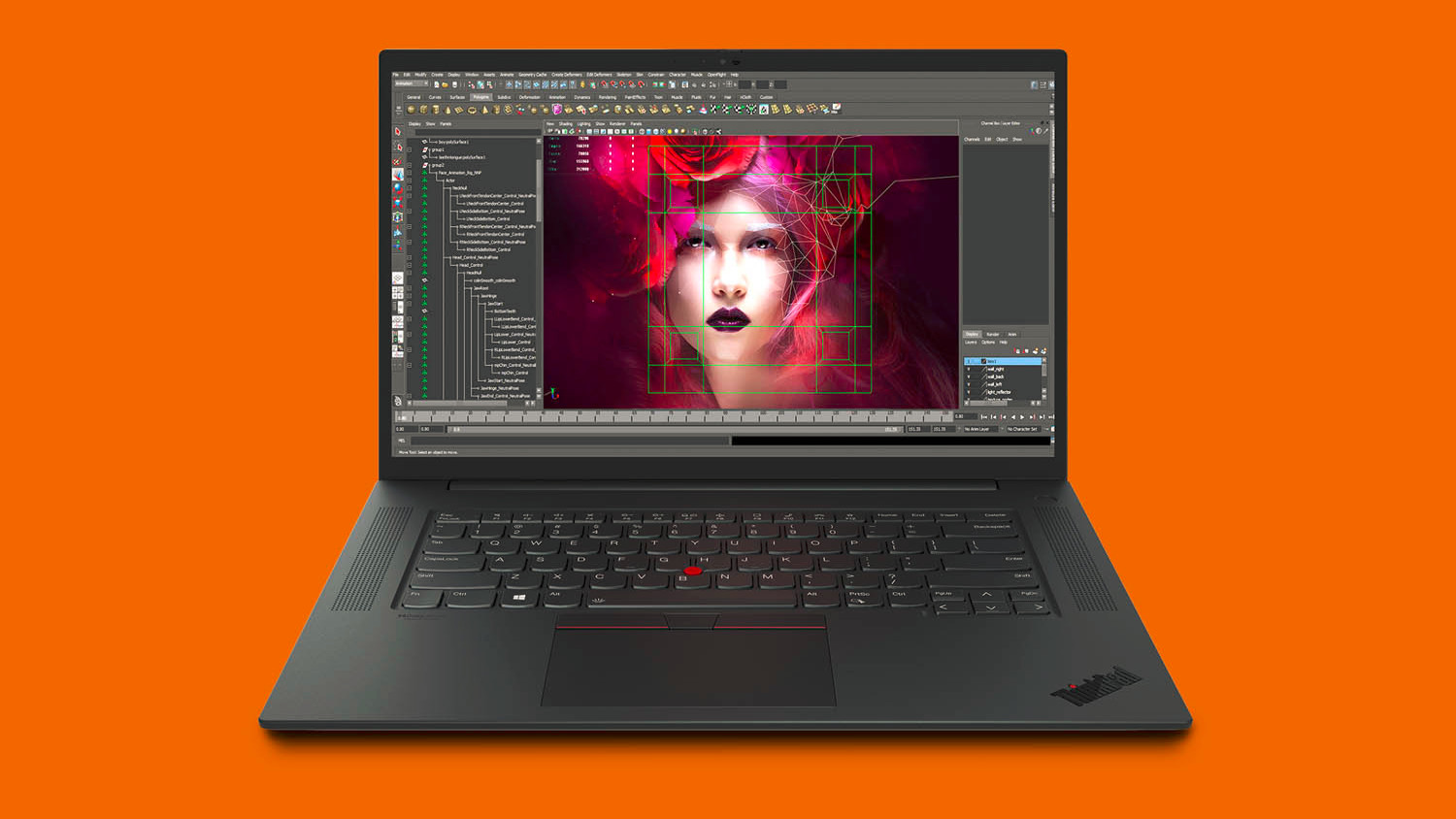
Microsoft Surface Book 3 (15-inch)
The Microsoft Surface Book 3 launched in 2020 so is the oldest machine in this round up, but it warrants inclusion because it offers something different. At the push of a button, you can remove the touchscreen display and turn it into a tablet. And with the optional pressure sensitive Surface Pen, use it for precision sketching.
The 15-inch display has a resolution of 3,240 x 2,160 and an aspect ratio of 3:2, which is deeper than all the other machines.
As it’s last year’s model, the Surface Book 3 features a 10th Gen Intel Core processor – the Core i7-1065G7. With a boost of 3.9 GHz, performance in CAD will be OK, but with four cores and a base clock of 1.5GHz it will be significantly slower than others in multi-threaded workflows like rendering.
For graphics, you have the option of the Nvidia Quadro RTX 3000 (6 GB), which is designed for entry-level viz, but its ‘Max-Q Design’ means it will run slower than other machines with the same GPU. The Microsoft Surface Book 3 has a thickness of between 15mm and 23mm and weighs 1.9kg with the keyboard and 0.81kg without.
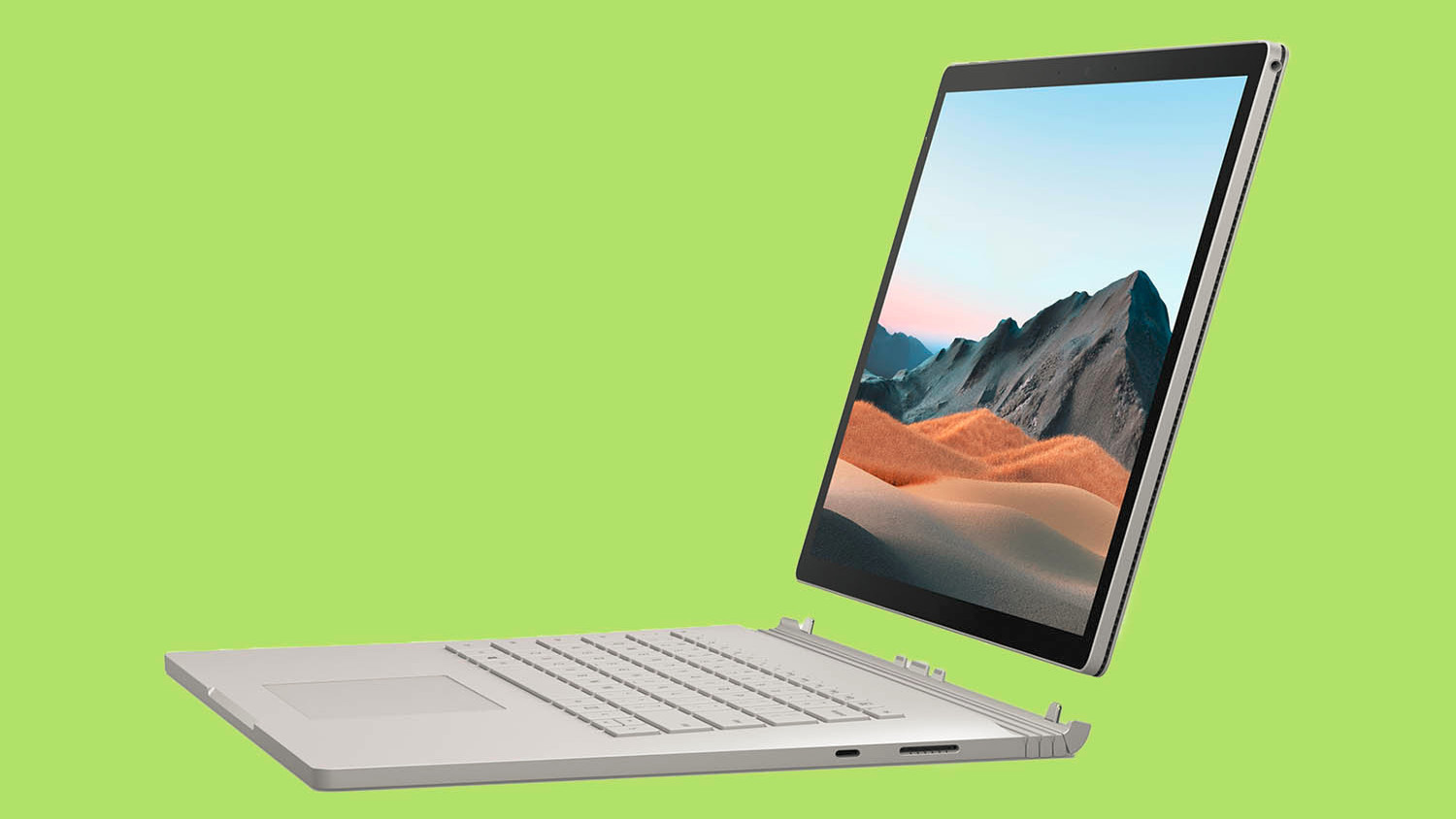
MSI Creator Z16
MSI’s new pro-focused 2021 laptop, the MSI Creator Z16, marks a change in aesthetics for the Taiwanese company. The slimline laptop’s 16mm chassis is made from CNC-milled aluminium with a ‘Lunar Gray’ finish. It starts at 2.2kg.
With a 16-inch 16:10 aspect ratio display you get a bit more viewing space than the traditional 16:9. ‘True Pixel technology’ means extremely accurate colours and the display is hardware calibrated in the factory to give 100% coverage of the DCI-P3 colour gamut. QHD+ (2,560 x 1,600) resolution means pixel density is lower than a typical 4K (3,840 x 2,160) laptop display.
The MSI Creator Z16 features a choice of 11th Gen Intel Core H series processors, an Nvidia GeForce RTX 3060 laptop GPU with Nvidia Studio drivers, up to 64GB memory and up to 4TB of storage spread across two M.2 NVMe PCIe Gen4 SSDs.
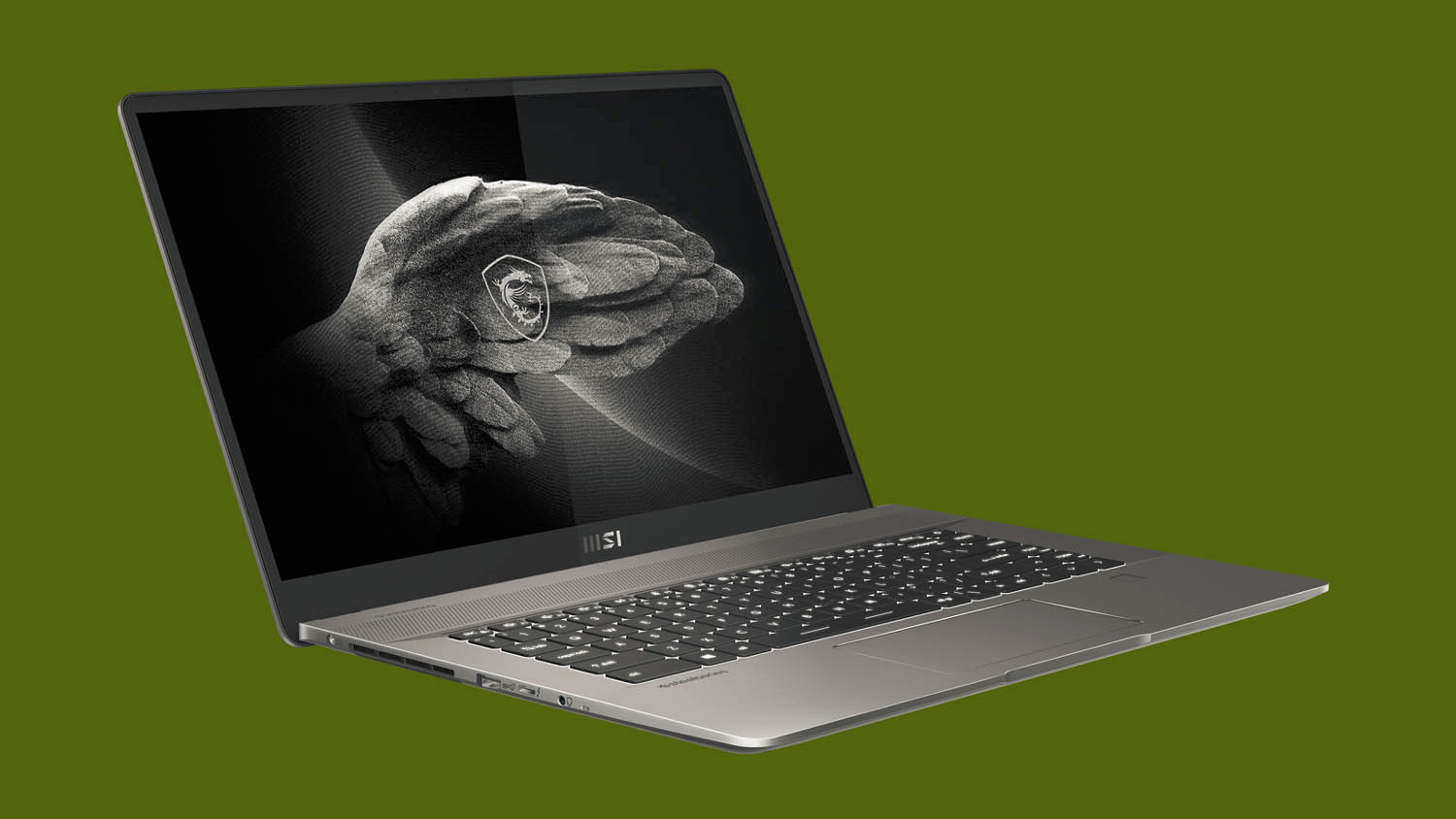
This article is part of DEVELOP3D’s 2021 workstation special report. To read the other articles and reviews in this report click on the links below.
Desktop workstation buyer’s guide
Greg Corke goes back to basics with some general advice for those looking to buy a workstation for product development workflows
Intel Core vs AMD Ryzen
We explore the best CPUs for design-centric workflows from CAD to reality modelling and rendering
Scan 3XS GWP-ME A132R (AMD Ryzen 9 5000) review
This Ryzen 5000 beast from Scan excels in rendering and extreme multi-tasking
Workstation Specialists WS-184 (11th Gen Intel Core) Review
This 11th Gen Intel Core workstation is ideal for CAD centric workflows
CAD workstation round-up
The latest workstations for CAD-centric workflows
AMD Radeon Pro W6800 GPU Review
This 32 GB beast is the first pro GPU from AMD with hardware-based ray tracing built in
AMD Radeon Pro Viewport Boost Review
Pro driver feature dramatically increases 3D performance by dynamically reducing viewport resolution
Nvidia RTX A4000/A5000 GPU’s Review
New pro ‘Ampere’ GPUs slice through real-time 3D, ray tracing and VR workflows
Autodesk graphics engine to ‘radically improve’ in Inventor
New One Graphics System (OGS) will boost viewport performance and add GPU ray tracing
Talking heads: Multicore for CAD
Is there scope for making CAD software more multithreaded, enabling it to use more cores, more efficiently – or does the sequential nature of many operations mean the hands of CAD software developers are tied? We asked the experts to find out more
Hybrid working: What does it mean for design firms?
With many firms re-evaluating office space and working from home policies, we asked Adam Jull of IMSCAD about the role that virtual workstations can play

